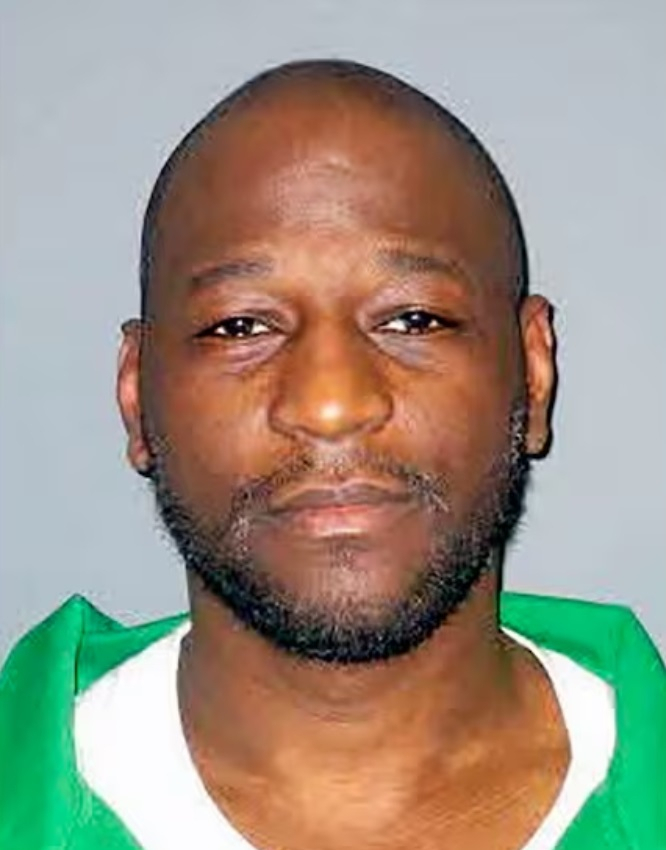Convicted murderer Freddie Owens was executed in South Carolina on Friday -- the state's first execution in 13 years -- after prison authorities faced difficulties find the drugs required for lethal injections. Freddie Owens said "goodbye" to his lawyer before being strapped to a gurney, where he awaited the lethal injection that ultimately led to his death.
Owens shot and killed a convenience store clerk in Greenville during a failed robbery in 1997. While awaiting trial, he murdered a fellow inmate at the county jail, a crime he admitted to, which resulted in the jury sentencing him to death. Owens remained conscious for about a minute before his eyes closed,
Put to Sleep Forever

Owens' breaths shortened, and his face twitched for five minutes before he died. A medical professional entered and pronounced him dead just over 10 minutes later, at 6:55 p.m.
Owens' appeals were consistently rejected, including a final attempt to stop the execution, filed in federal court on Friday morning. He also sought a stay of execution from the U.S. Supreme Court.
South Carolina's governor and corrections director quickly responded, urging the high court to deny Owens' request, arguing that there was nothing extraordinary about his case.
Owens was executed just days after a crucial witness admitted to lying on the stand about Owens being with him at the South Carolina convenience store in 1997, when clerk Irene Graves was fatally shot during a failed robbery.
Steven Golden, a former friend of Owens, revealed that he had a secret deal with prosecutors and falsely testified about Owens' involvement in order to avoid the death penalty himself.
"I'm coming forward now because I know Freddie's execution date is September 20 and I don't want Freddie to be executed for something he didn't do," he wrote in a court filing "This has weighed heavily on my mind and I want to have a clear conscience."
However, this was not enough to save Owens' life.
Nothing Could Stop Execution

His final chance to escape execution relied on Republican South Carolina Governor Henry McMaster commuting his sentence to life imprisonment. McMaster denied Owens' clemency request, saying that he had "carefully reviewed and thoughtfully considered" the application.
Owens became the first inmate executed in South Carolina in over a decade. Five other inmates have exhausted their appeals, and the South Carolina Supreme Court has authorized executions every five weeks.
Due to a shortage of drugs for lethal injections, the state had previously halted executions and sought to introduce firing squads as an alternative method for executing death row inmates.
But the state had to pass a shield law in May to keep the identity of the drug supplier and many execution protocols confidential in order to resume executions.
State officials indicated that the new lethal injection method aligns with the process used by the federal government for executions.
Under South Carolina law, Owens was required to choose his method of execution. He could have opted for a firing squad or an electric chair dating back to 1912.









